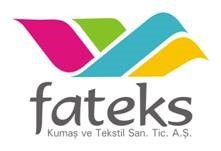GOTS Regional Seminar Turkey 2019 Post Event Report

Post Turkey Seminar 2019 Report
Links to presentations GOTS Turkey Seminar Presentations
Today´s Stakeholders´ Perspective on GOTS
Speaker: Claudia Kersten, GOTS Managing Director
GOTS Criteria and Requirements, Additional Fibres used in GOTS Products
Speaker: Sumit Gupta, GOTS Deputy Director Standards Development & Quality Assurance, GOTS Representative in India and Bangladesh
Using the GOTS Logo on and off product
Speaker: Rahul Bhajekar, GOTS Managing Director
Organickid Kaliteli, Hespali ve 100% Organik Bir Markanin Özeti
Speaker: Serkan Gök, Organickid
LC Waikiki, Organik ve Sürdürülebilir Yaşam
Speaker: Arzu Konyali, LC Waikiki
The GOTS Regional Seminar Turkey 2019 was held in Izmir, Turkey on 18th February 2019. The event brought together more than 150 participants from local brand offices, manufacturers, certifiers and academics.
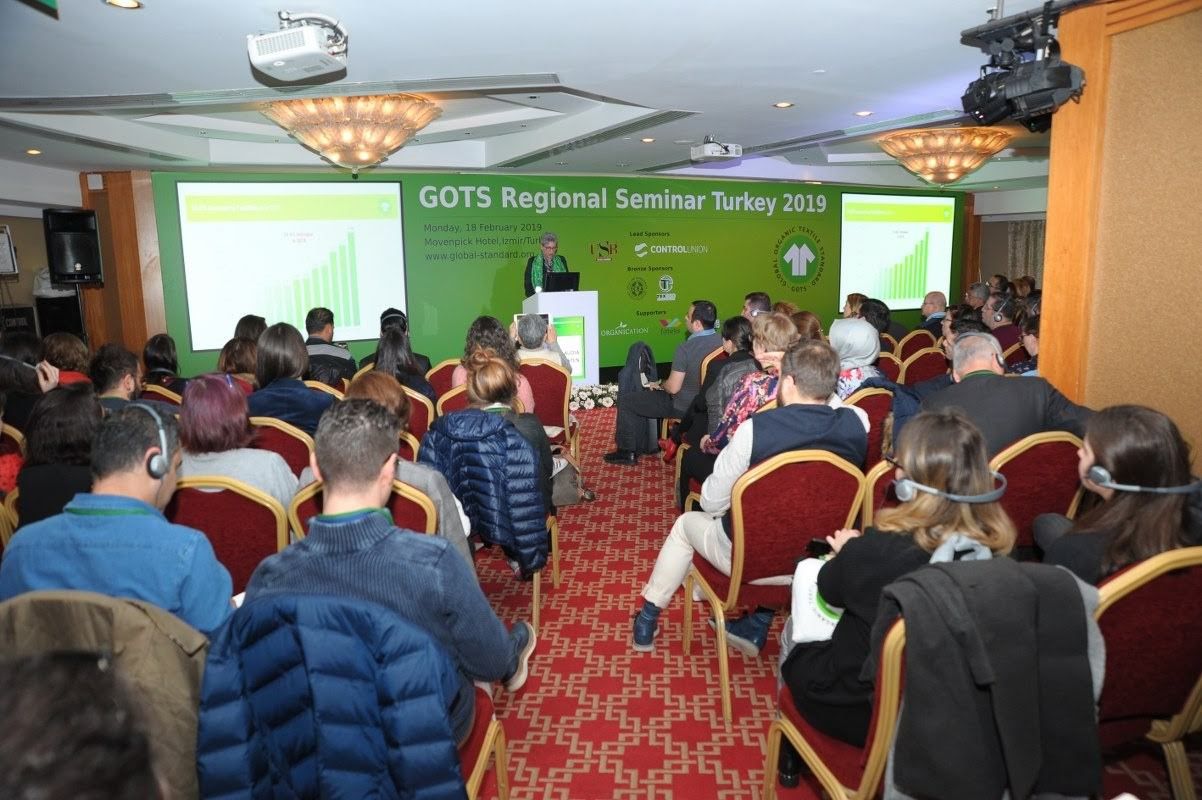
Session 1 – Alive GOTS information
The GOTS Regional Seminar 2019 started with the GOTS Alive Session providing information on latest figures, correct labelling and allowed fibres in GOTS goods. Claudia Kersten, GOTS Managing Director, presented the latest number of certified facilities and the growth of GOTS certification in countries and regions in 2018. Mrs. Kersten talked about alternative business solutions for producers to improve their impact through sustainability and researches showing the adoption of the GOTS standard.
Presented surveys showing consumer´s expectations as well as high search numbers for GOTS on social media underlined a growing public sensitivity towards organic textiles.
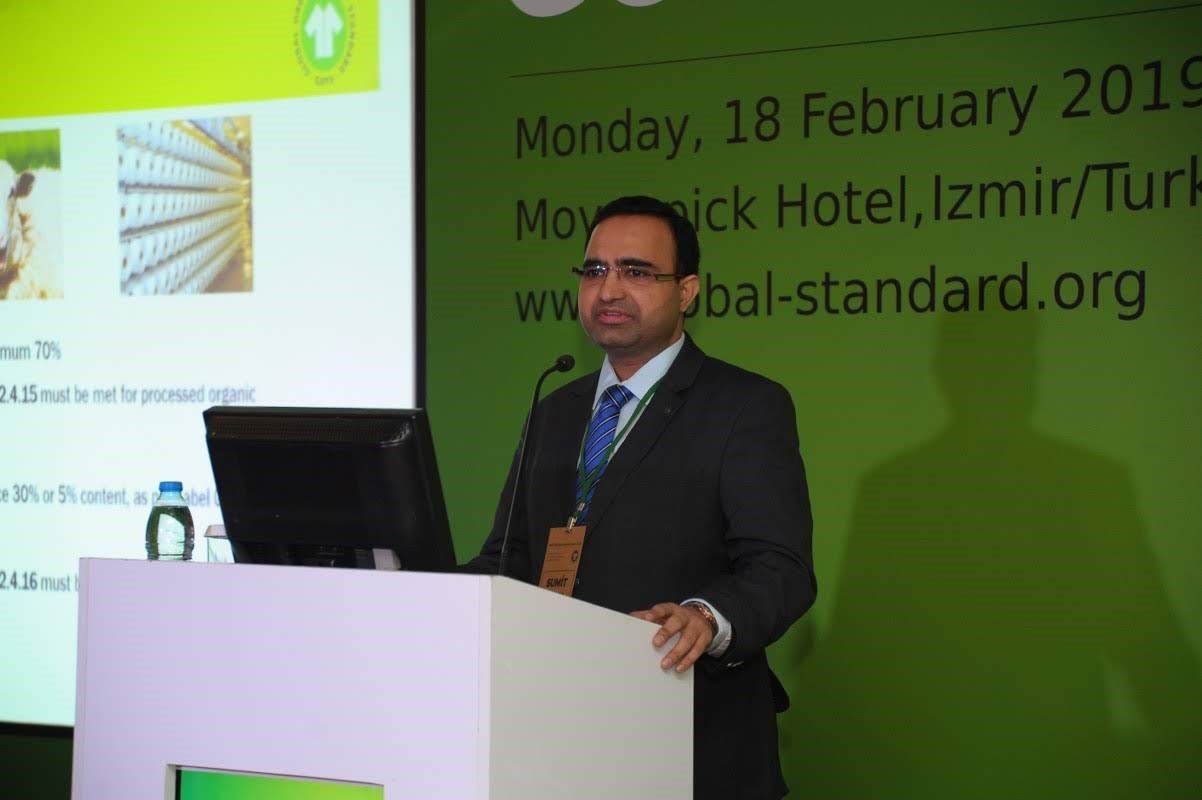
The 2nd presentation by Sumit Gupta, Deputy Director Standards Development & Quality Assurance, was about the details of current GOTS criteria. He gave an overview of global requirements regarding organically grown fibres and additional fibers allowed in GOTS goods, besides the restricted ones. Accessory requirements, chemical input selection system and some other criteria about the wastewater treatment and social requirements were also briefly highlighted.rd.
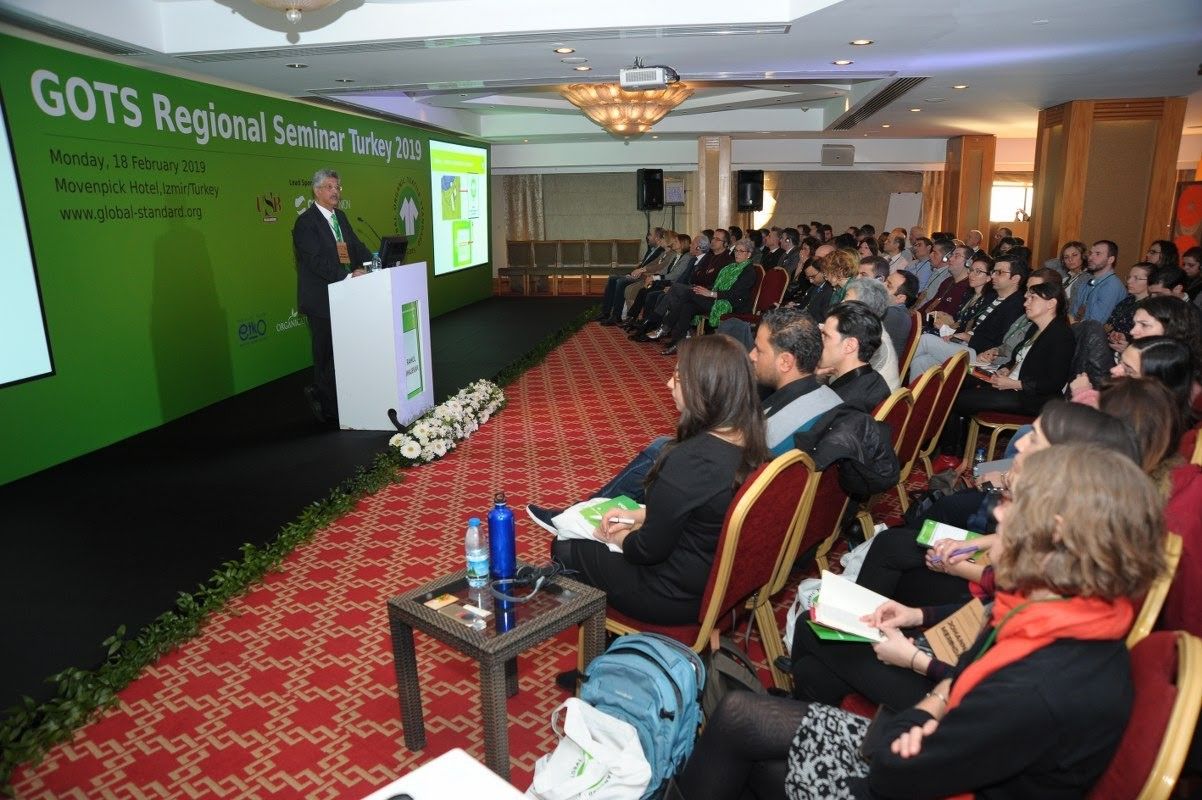
In the 3rd GOTS presentation, Rahul Bhajekar, GOTS Managing Director, focused on logo and label usage rules. He explained who may use the logo and what rules need to be applied. Furthermore, Mr. Bhajekar gave an overview on labelling details and grades and showed examples of correct and incorrect labelling and logo usages, and how to label combined goods and additives.
This first part of the day was followed by a lively question and answer session.
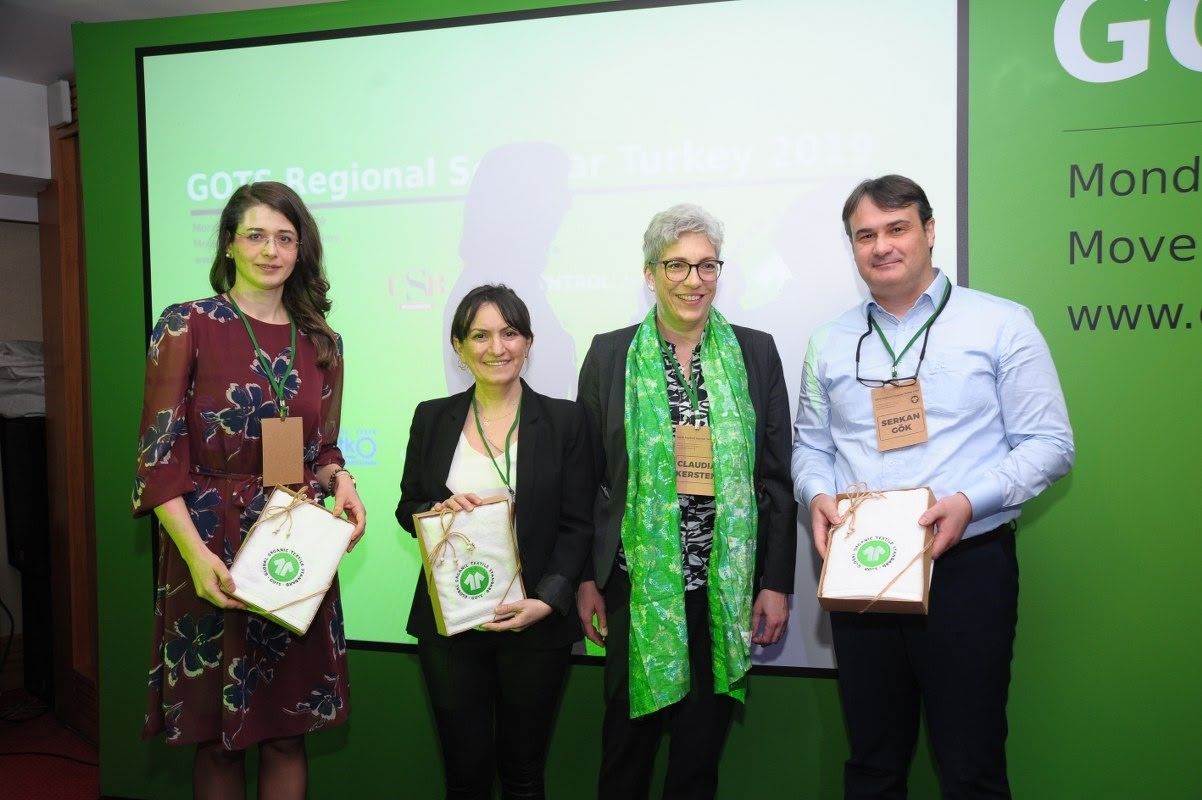
Session 2 – Voices from Turkish Textile Industry
In this session brands, manufacturers and certifiers discussed and shared their experiences. Brands gave insights about their efforts and engagements to improve their environmental impacts and social performances. They shared consumer survey reports and talked about their experiences with organic textiles and GOTS´ role in the organic textile market.
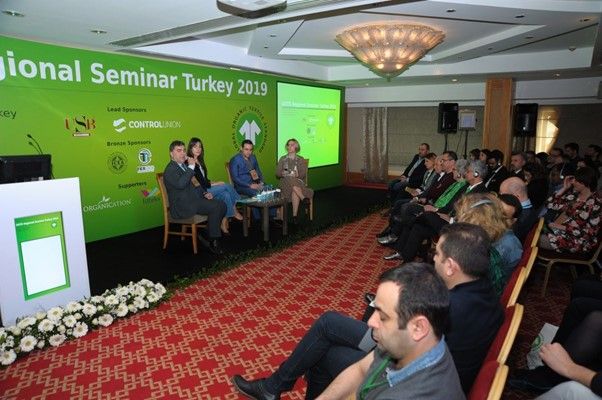
In the following panel discussion moderated by Mukkader Özden, Simurg Tasarım, manufacturers exchanged their experiences with manufacturing organic textile goods in the region. Burak Sertbaş, Aegean Apparel Exporters’ Association Chairman gave useful information about the region's approach to organic textiles. Özgü Çubukçuoğlu Yalçın, EGEDENİZ TEXTILE, and Ersen Çatak, SANKO furthermore discussed which challenges and opportunities they face in the organic textile market.
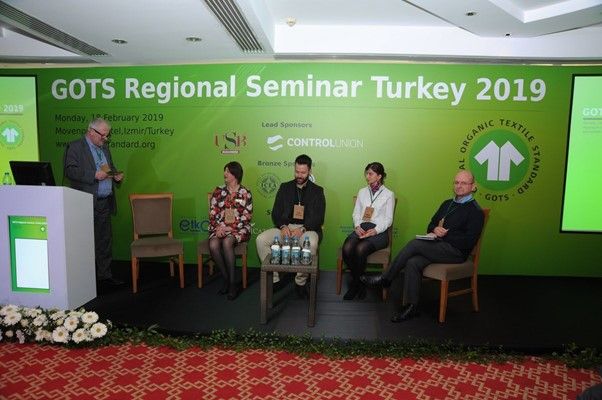
After lunch, Christopher Stopes, GOTS Representative UK, moderated the panel with Mustafa Akyüz-ETKO, Özlem Özkan- USB, Anıl Noyin- CONTROL UNION TURKEY, Ebru Tarman-IMO-ECOCERT, GOTS accredited certifiers. The certifiers shared important information about the strengths and challenges of the GOTS certification systems, the assurance it provides for end consumers and the advantages of regional companies compared to international compliance requirements.
Session 3 – World café – interactive meeting
In the last interactive session, the audience was invited to discuss four specified topics and to present the outcomes. The participants could select their preferred topic and discuss it within their groups. During this very lively interactive session in the saloon, everybody engaged and contributed at a very high level. All subjects were discussed both in English and in Turkish to increase the level of comfort for all participants. Outcomes were presented in Turkish and English by an assigned person of each group.
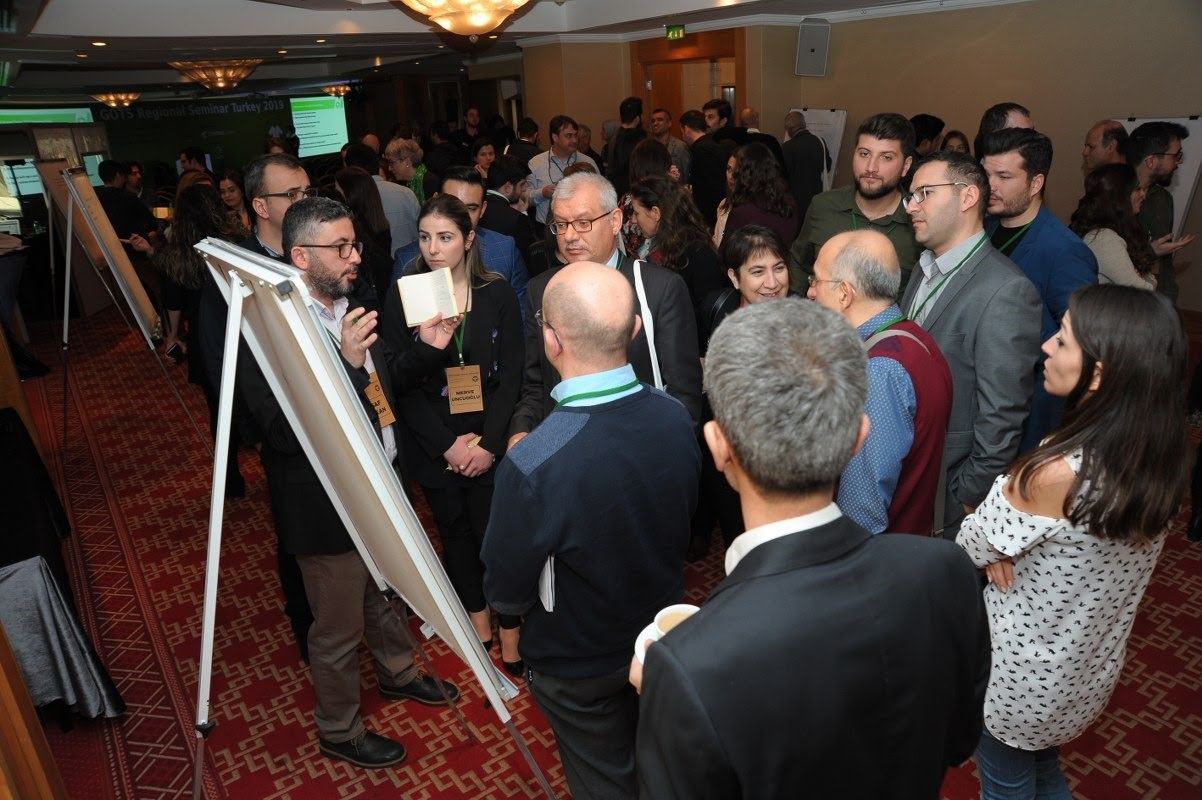
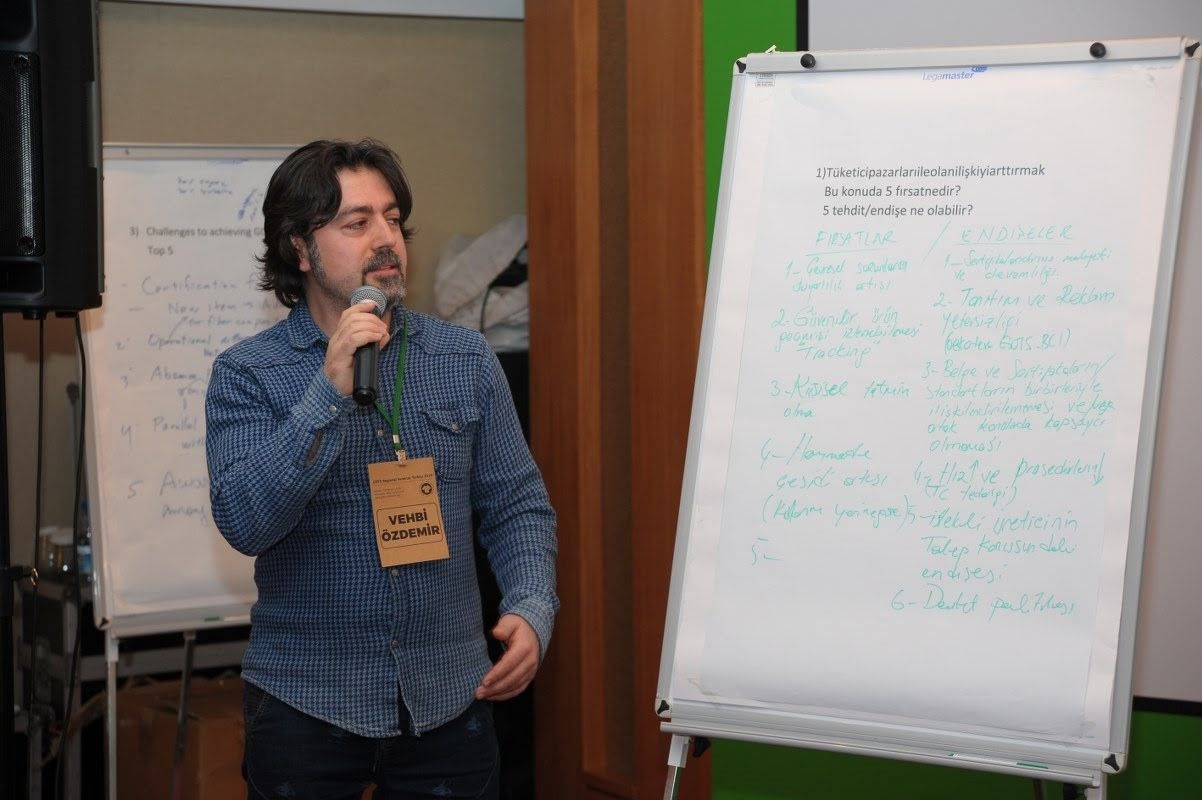
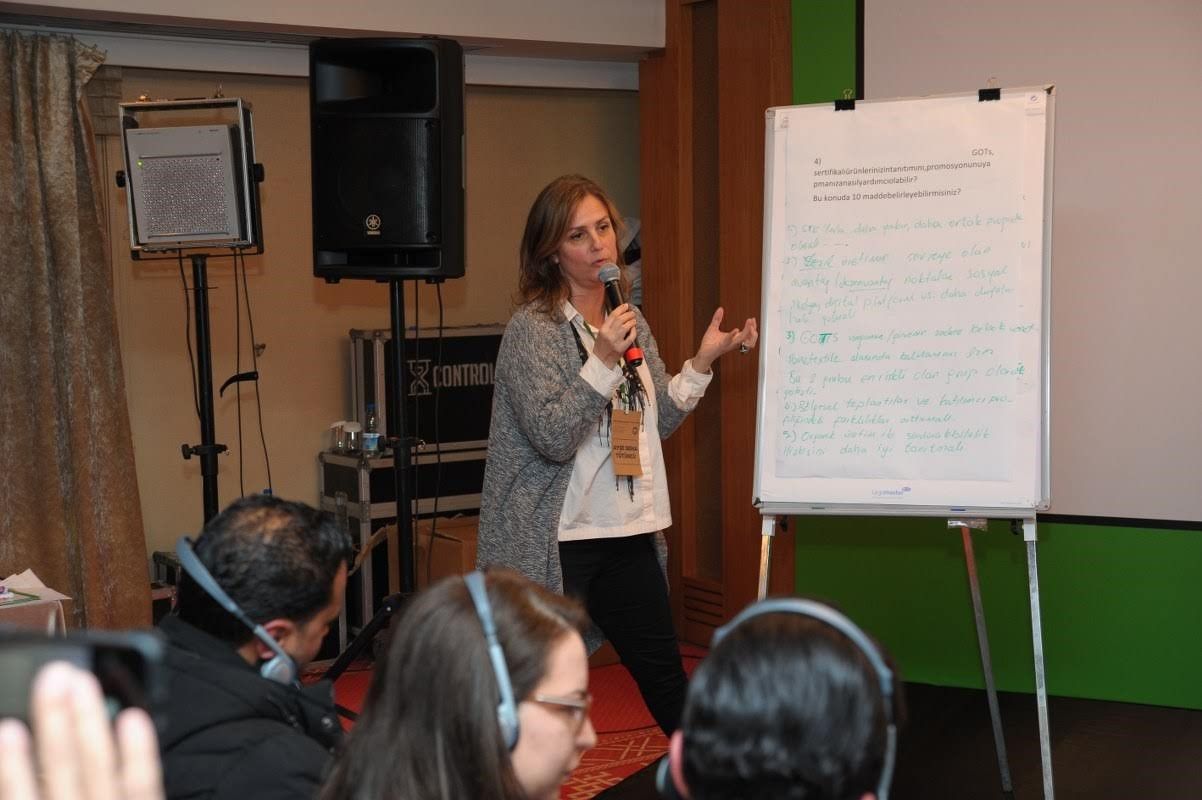
Here are some of the main outcomes from the discussion groups:
“How can GOTS help to promote your certified products?”: GOTS should focus on events and training to improve the knowledge amongst workers on all levels of the supply-chain. Cooperating with NGOs and the government, using social media, creating video content and publishing stories from manufacturers as well as establishing further relations to media serves to promote products. The Impact of organic products on the environment, planet, and human health should be explained repeatedly on all occasions.
- “Challenges to achieving GOTS Certification”: Achieving GOTS certification is perceived as challenging due to the strict and different requirements but it provides competitive advantages in comparison to non-certified goods, on the domestic as well as on foreign buying markets.
- “Is the domestic market ready for GOTS”: An increased sensitivity to environmental issues in the region, equally to the rest of the world, and awareness about health as well as easier access to organic raw materials are seen as opportunities. Price, lack of knowledge and limited access to final products were defined as possible threats.
- “Increasing contact to consumer markets – a view from Turkey”: Expanding contact to brands and retailers and organizing more training and events has been noted as an opportunity, as there is an increased sensitivity on environmental issues. The higher cost of products was perceived as a threat.
Many thanks to our Lead Sponsors
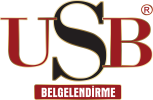

Bronze Sponsors
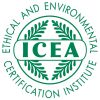

Supporters


